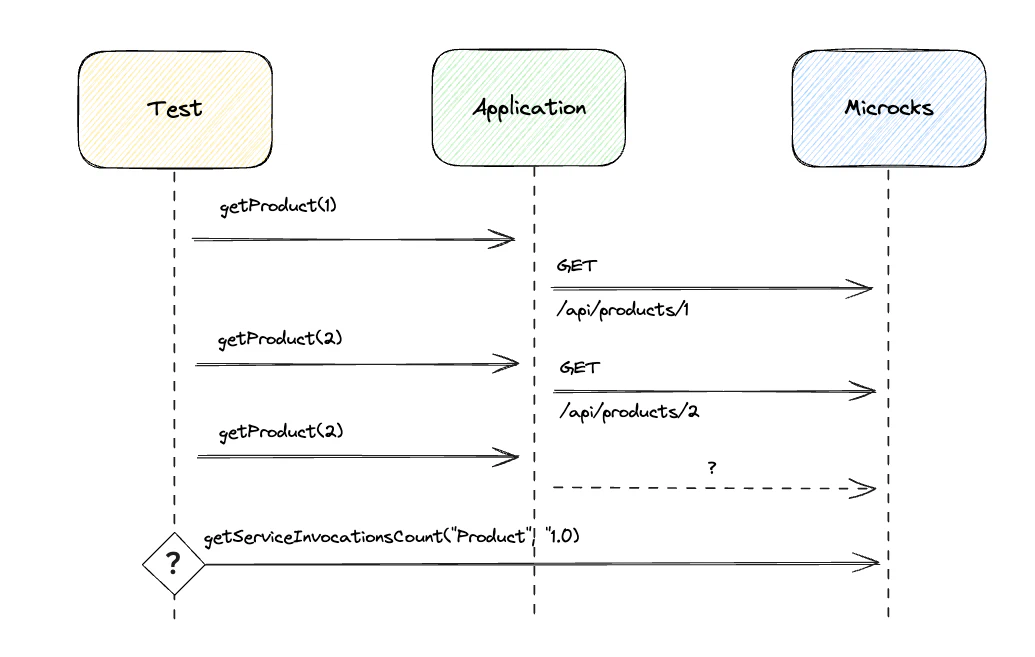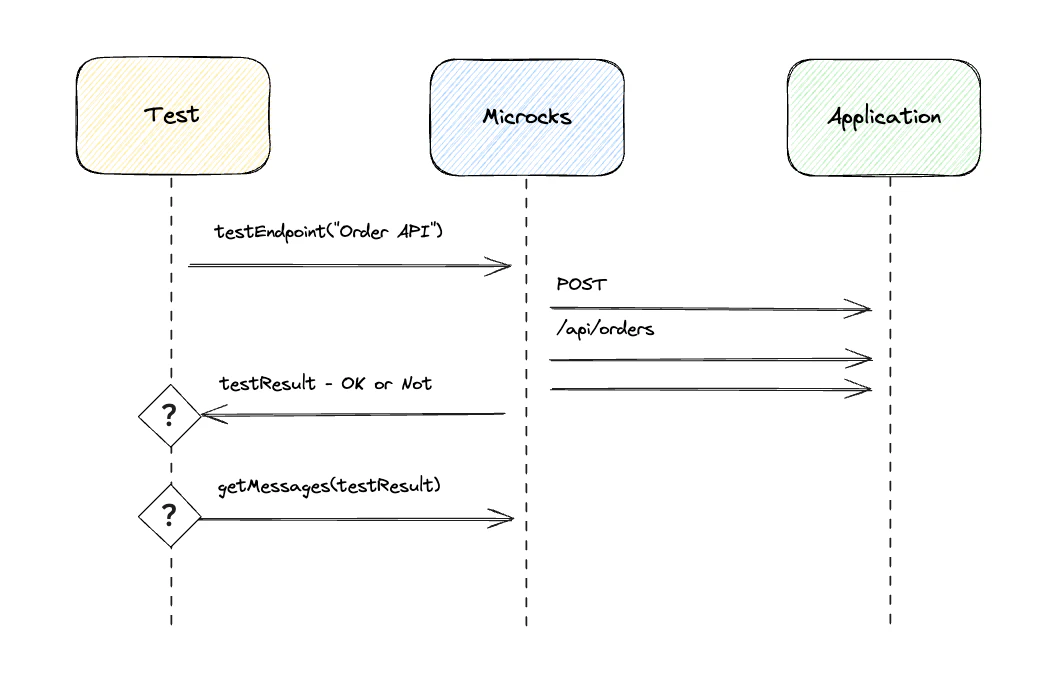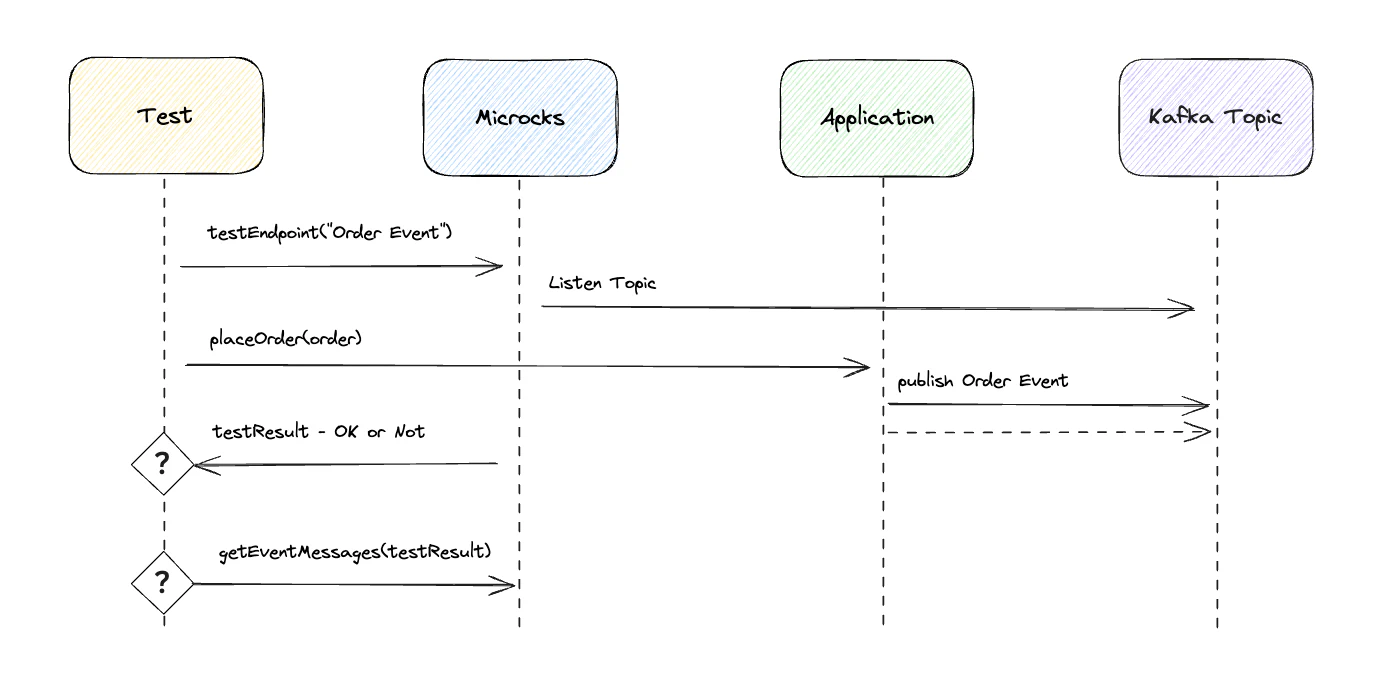Co-founder of Microcks | Director of Engineering at Postman Open Technologies
Announcing Testcontainers Modules 0.3
To start the 2025 Year fresh, we’re delighted to announce the release of the new series of our Testcontainers Modules 🧊! Microcks modules are language-specific libraries that enable embedding Microcks into your unit tests with lightweight, throwaway instances thanks to containers.
The 0.3 series is a major step forward that completes the set of features and elevates Microcks as a fully featured mocking library for development purposes.
It can be used with different testing styles (classicist, mockist, state-based, and interaction-based) and provides features for all major
languages and all kinds of API!

The 0.3 versions are coincident releases made last week on the three main languages we currently support: Java ☕️,
NodeJS/Typescript and Golang.
With those new releases, we now have complete feature parity among the three different technology stacks! We plan to add the same features to
the upcoming .NET module that we added to our portfolio in December 2024.
Let’s introduce the new features of those releases that complete the picture!
What’s inside?
1️⃣ Interaction checks
If you spend some time reading about Test Driven Development, you may know that it exists two main school of thought: the Classicist and the Mockist. (more on this in this excellent article)
Until now, Microcks Testcontainers integration was Classicist in the sense that it was focused on providing canned responses when the mocks
endpoints were called. With this 0.3 release, we now also have a Mockist approach in the case you want to check the interactions of your
component under test with a dependant API.
You can now call verify() or getServiceInvocationsCount() on a Microcks container to check whether an API dependency has actually been
called - or not. This is a super powerful way to ensure that your application logic (when to interact with an API) and access policies (caching,
no caching, etc.) are correctly implemented and use the mock endpoints only when required!

A big shout out to pierrechirstinimsa 🙏 who contributed this one for our Java module 🎉
2️⃣ Access to messages in synchronous API contract-testing
The second thing we added in this release is the ability to retrieve exchanged messages when doing contract-testing. Different contract-testing runners already exists in Microcks but they’re mainly focused on syntactical conformance checking. However, we know that there are multiple levels of contract testing.
The new getMessagesForTestCase() function on Microcks container allows you to retrieve the requests and responses that were used during an
operation tests case. You can then use them to perform extra checks more related to business conformance; validating, for example, that
data retrieval or transformation logic is correctly implemented.

These extra checks can be done manually directly in the programming language of your tests but you can also delegate them to frameworks like Cucumber which are written in plain language by business experts; for running acceptance tests!
3️⃣ Access to events in asynchronous EDA contract-testing
Finally, we also added a way to do the same thing for asynchronous events received during a contract test on an asynchronous broker.
Until now, Microcks ASYNC_API_SCHEMA tests allowed you to check that events were fired, correctly sent, read back from - let say - an
Apache Kafka topic and valid regarding a schema. But what about the content of this event? Was it really related
to the business function call that fired it?
The new getEventMessagesForTestCase() function allow you to retrieve those events that were read from the broker topic and - here again -
perform extra checks. Typically, you can validate that the data from the event is correctly correlated to the original data that triggered the
event emission.

💡 In the the case of EDA, those checks are also tightly related to interaction checks; and this is a situation we faced during the development of the supporting demo application! Once we added them, we realized that our Kafka producer has a flushing issue and that we received more messages than we expected! Due to a too low timeout configuration, events were not sent at the right time, introducing de-synchronization and collisions! 💥
Enthusiastic?
We hope this walkthrough has made you enthusiastic about this new set of features in Microcks Testcontainers 0.3! The best thing is that you don’t have
to wait another Microcks release to test them out as they’re are leveraging APIs and features that are present for a long time in Microcks core!
If you want to learn them and see them in action, we have completed our demonstration application and tutorials on Testcontainers Modules as well! You just have to check the following links:
For Java ☕️: How to check the mock endpoints are actually used, How to verify the business conformance of a synchronous API, and How to verify the event content for an asynchronous API
For NodeJS/TypeScript: How to check the mock endpoints are actually used, How to verify the business conformance of a synchronous API, and How to verify the event content for an asynchronous API
For Golang: How to check the mock endpoints are actually used, How to verify the business conformance of a synchronous API, and How to verify the event content for an asynchronous API
As usual, we’re eager for community feedback: come and discuss on our Discord chat 👻
Thanks for reading and supporting us!

